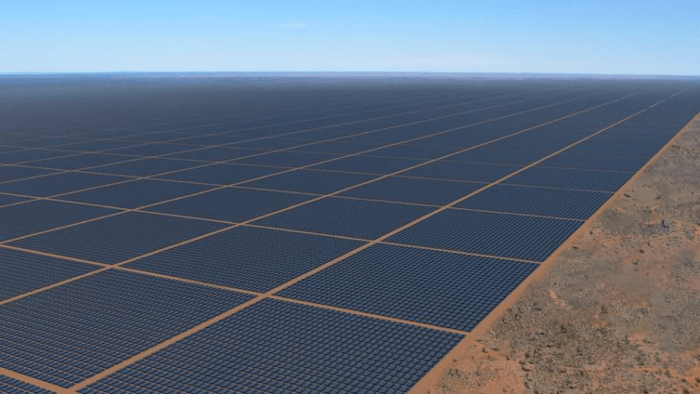Back in 2013 David Cameron did a u-turn on government support for Wind and Solar power generation. This has greatly impacted the uptake of both – and the savings are small and will be dwarfed by the likely financial cost of the delay that they forced on us.
Gas prices have already risen by 50% and are likely to spike further later this year. The chancellor has made small moves to try to stop this (and has recently given up by promising us all money off our bill).
What is scary, is that had the Conservative government of 2013 not done what they did, we would already be generating more clean energy than that which gets imported from Russia.
Labour has pledged a 28 billion fund to lead a green recovery, his homes grant scheme has insulated just 10% of the pathetically small number of homes it had promised to insulate.
The Renewable Energy Association believe that it could build enough energy generation within 18 months to offset the loss of the terrawatt-hour imported from Russia – if obstacles were removed. Renewables are faster to come on line and cheaper than either Shale or north sea drilling.
Bizarrely, the Mail suggests that those fighting fracking are funded by Putin – a clearly stupid idea, as Putin wants fracking stopped so that he can supply the UK instead. Of course these extreme views have never felt the need to conform to something as unimportant as the truth. I would hope, however, that the absurdity of these positions would be so obvious as to make a mockery of them, and give the far right of the conservative party the backbone to do what is needed and ignore the contradictory voices coming from even further right.
We need to move away from gas. For goodness sakes, it is not a renewable resource, so one day the planet will have to survive without it. Lets make that day now, and not require our descendants to learn to survive in a world decidedly less pleasant to those wanting to live here.













